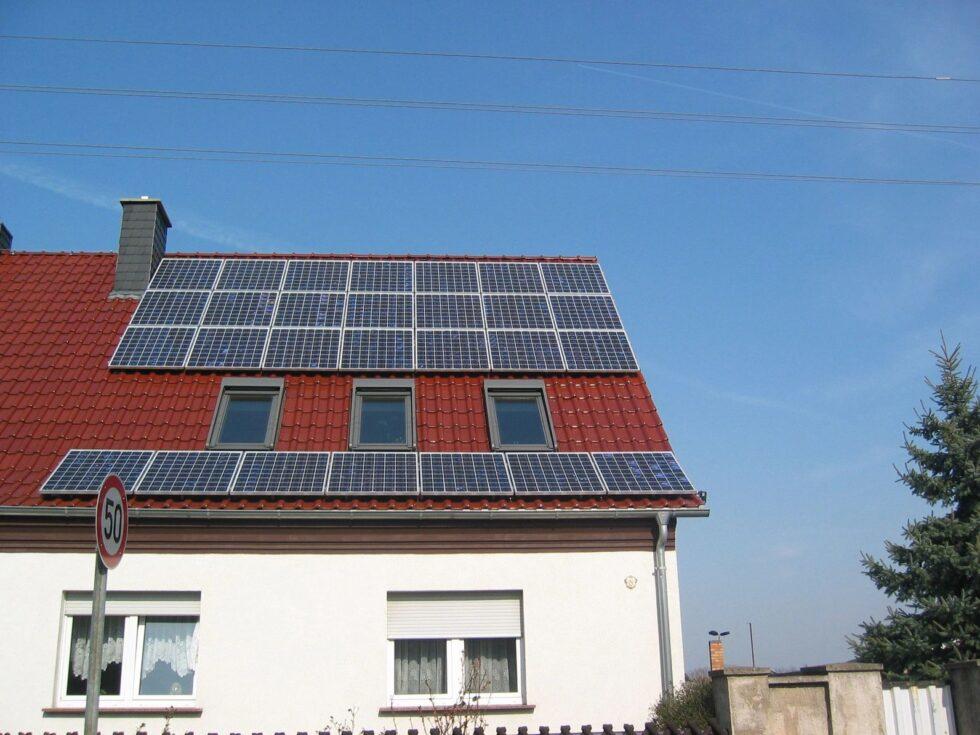
Caption
Republican Rep. Joseph Gullett said that the Georgia Public Service Commission is best equipped to regulate the solar energy industry in order to protect home and business owners from shoddy companies.
Credit: Courtesy of Capitol Beat

